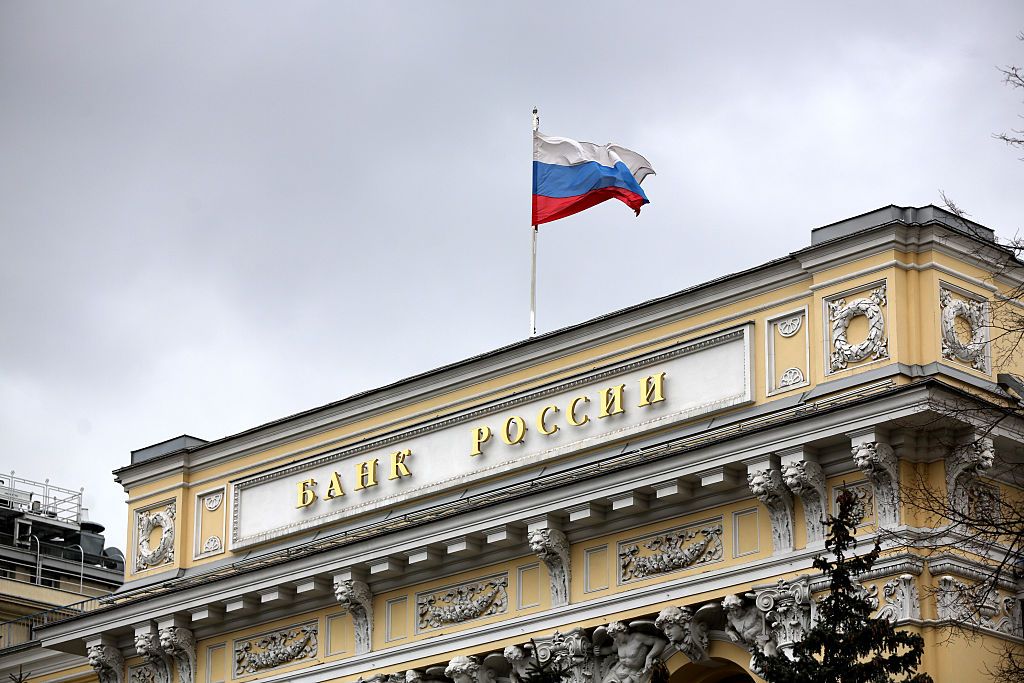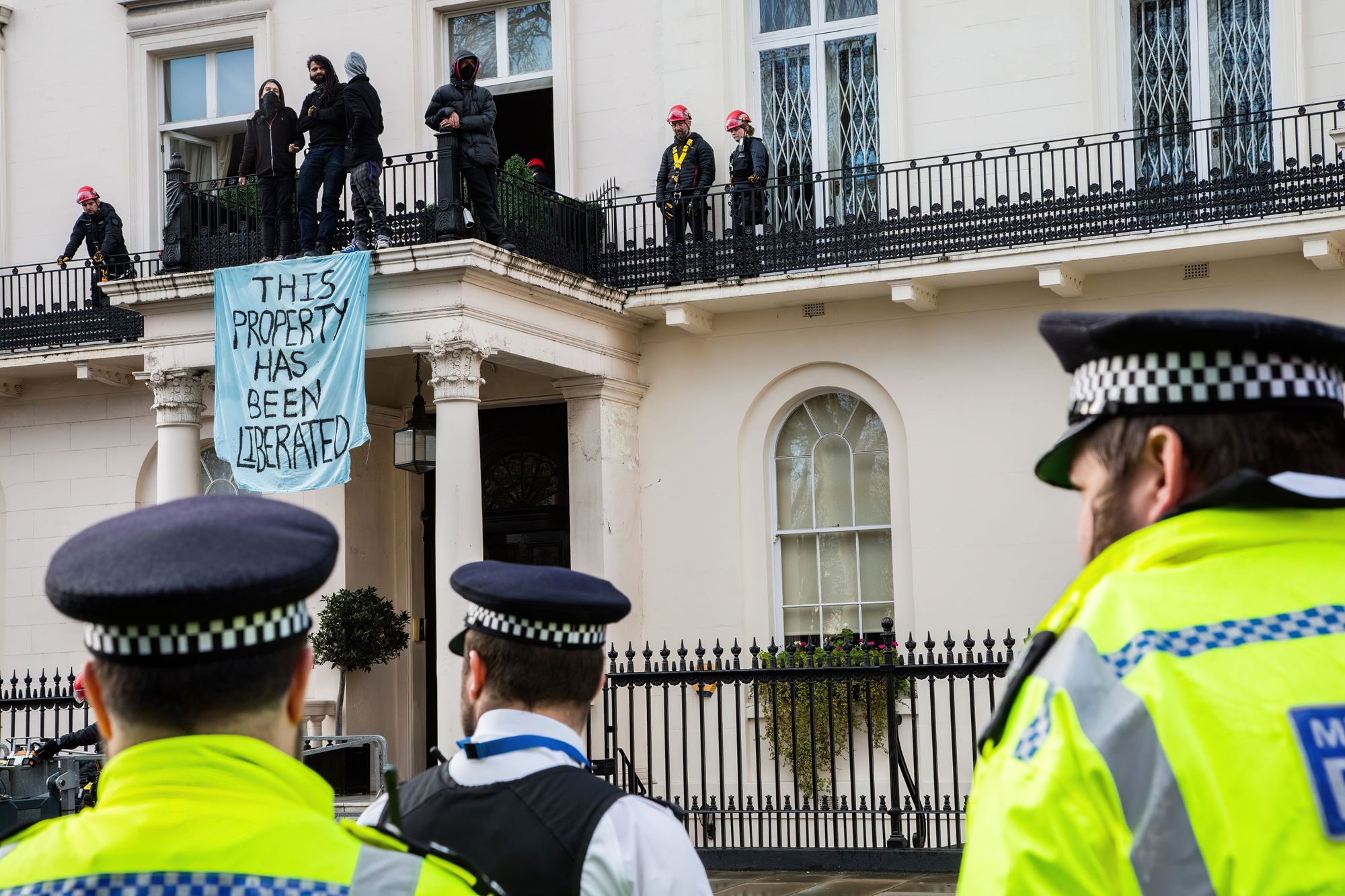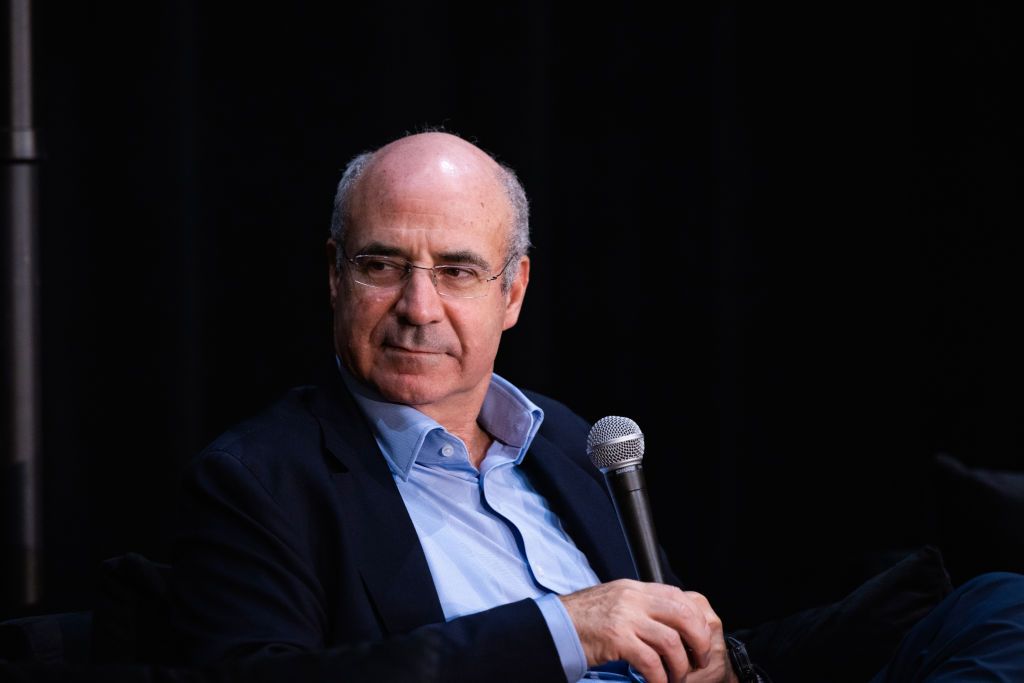Tetiana Khutor: Are legal constraints an excuse for dragging feet on mobilizing Russian assets?

No nation can single-handedly cover all of Ukraine's reconstruction needs, and nor should it be expected to, considering the existence of frozen Russian assets worth billions worldwide. These funds will serve as the primary source for Ukraine’s recovery.
To better grasp the situation, it is worth examining the numbers.
Despite 16 months of all-out war, the exact value of frozen Russian assets remains unknown due to banking institutions’ secretive policies and the inaction of certain governments. An optimistic analysis based on publicly available data estimates the sum to be nearly $400 billion. However, this amount is already smaller than the damages inflicted upon Ukraine, which total at least $411 billion.
The ongoing bombardment of critical infrastructure further widens the gap between these figures, and not in Ukraine’s favor. Moreover, the involvement of other claimants, such as “Russians affected by the war,” complicates the situation.
Despite consistent political rhetoric regarding the use of Russian funds for reconstruction, only around $1 billion, or less than 0.3% of the total damages, has been recovered thus far. Notably, Ukraine itself has accounted for 99% of these recovered assets.
What holds others back?
According to many Western legal experts, international law poses a barrier to dedicating Russian assets as a means of covering the inflicted damages. Specifically, international customary law safeguards state assets through the principle of "sovereign immunity."
In reality, the debate about asset seizure can be divided into two components: the political aspect of "whether or not" and the legal aspect of "how." If there is political will to seize the assets, lawyers will find a way to accomplish it. Conversely, in its absence, there will be countless reasons presented to justify its impossibility.
"Fair, but illegal" is a popular response to the question of confiscating Russian assets. Without delving deep into legal arguments, a quote from the ancient Roman jurist Ulpian is apt: "Law is the art of goodness and equity." This implies that the essence of law is to ensure justice. It is implausible to consider the conscious impunity of the aggressor as just. Hence, until a fair and transparent mechanism for compensation is established, discussing law and justice at the highest level remains futile.
Furthermore, it is essential to recognize that international law is not immutable like the laws of physics. Like any legal framework, it is subject to changes, especially when its original objectives are not being achieved. Moreover, existing loopholes in international law have contributed to the largest war on European soil since World War II. It is crucial to acknowledge that these loopholes provide a guarantee of impunity for the destruction of critical infrastructure, including social facilities, the abduction, rape, and killing of numerous individuals, the sabotage of dams resulting in the flooding of cities and towns, and even the mining of Europe's largest nuclear power plant, among other atrocities.
As for the second question of "how," the answer is also known.
It is important to differentiate between short-term and long-term perspectives. After 16 months of full-scale war, governments should finally ascertain the assets that have been frozen and consolidate them into a unified fund. This fund should not only ensure the preservation of these assets but also their growth. The management strategy for such assets (which is currently lacking in most countries) should aim to generate maximum profits, which can then be directed toward addressing Ukraine's urgent needs for "critical" reconstruction. According to Ukrainian Prime Minister Denys Shmyhal, these needs currently amount to $14 billion.
The estimated annual revenue from managing Russian assets could range from $3 billion, according to pessimistic projections, to $10 billion, according to optimistic perspectives. Legally, it is straightforward to separate these profits from the principal amount by implementing a special tax regime for "sanctioned assets" at the highest rates. Objectively, these funds alone will not be a game changer for the country's economic recovery, but they will help withstand the challenges.
The strategic plan entails the implementation of the Global Compensation Mechanism, comprised of four components. The first step, already realized, involves establishing a register of damages, as announced during the Council of Europe's Summit of Heads of State and Government held in Reykjavik this May.
The subsequent steps include establishing a Claims Commission and forming a Compensation Fund that will facilitate the reimbursement of registered damages. However, without Russian funds, this mechanism will remain ineffective.
Therefore, the most crucial fourth step involves the conclusion of an international multilateral agreement, which will play a pivotal role. Firstly, it will address the existing loopholes in international law by creating an exception to the rule protecting sovereign assets, specifically for the aggressor country. This measure will prevent Russia from evading responsibility for compensating the damages it has caused. Secondly, it will ensure the financial resources for the Compensation Fund by utilizing Russian funds, thereby activating the compensation mechanism even before the war concludes.
Ultimately, the answer to the question of "how" depends on the answer to the question of "whether or not."
Editor’s Note: The opinions expressed in the op-ed section are those of the authors and do not purport to reflect the views of the Kyiv Independent.














